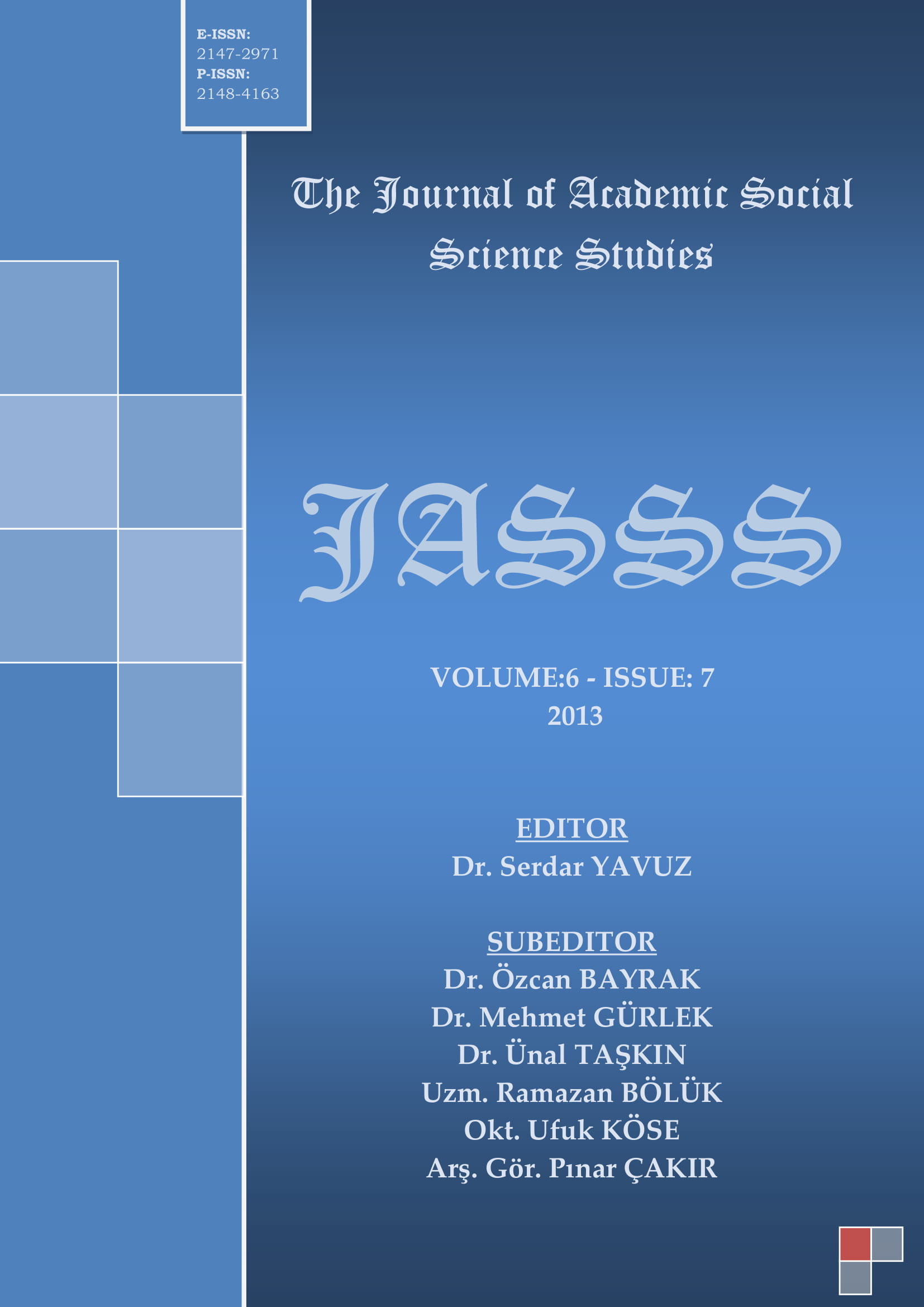Author :
Abstract
Dini çoğulculuk, dini kapsayıcılık ve dışlayıcılık akımlarına karşı cevap olarak ortaya çıkmış olan bir doktrindir. Bu doktrinde çeşitli dünya dinlerinin aynı nihai gerçekliği eşit derecede temsil eden farklı yollar olduğu ve bu dinlerin hepsinin mensuplarını kurtuluşa götüreceği ileri sürülmektedir. Bu bağlamda büyük dünya dinleri, birbirleriyle çelişen iddialar içermekle birlikte hakikat değeri bakımından eşit statüde kabul edilmişlerdir. Dinlerdeki birbirleriyle çelişen iddia ve farklılıklar kültürel, sosyal ve beşeri unsurlara dayandırılarak açıklanmaya çalışılmıştır. Zira bu dinlerde aynı şeyden bahsedilmektedir. Bu nedenle kurtuluşun bir tek dinle sınırlı tutulmaması gerekir. Çünkü iyilik ve sevgi Tanrı’sı tüm insanlığın Tanrı’sıdır. Bu doktrinin temelleri her ne kadar daha eskilere götürülse de onun sistemleştirilerek felsefi ve teolojik bir doktrin haline getirilişinin oldukça yeni olduğunu söyleyebiliriz. Dini çoğulculuğun sistemleştiricileri ve en önemli temsilcileri olarak John Hick ile Wilfred Cantwell Smith gösterilmektedir. Dini çoğulcular ve onun savunucuları tarafından bu akımın, günümüz toplum yapısına uygun ve hoşgörü esasına dayanan bir öğreti olduğu söylenmekle birlikte, bu doktrin bir takım felsefi ve teolojik problemleri de beraberinde getirmiştir. Dini çoğulculuk düşüncesinin geri planında çoğulcu düşünürlerinin din, Tanrı ve vahiy anlayışları bulunmaktadır. Biz bu araştırmamızda John Hick ve Wilfred Cantwell Smith’in görüşleri bağlamında dini çoğulculuğun din anlayışını ortaya koymaya çalışacağız. Bu din anlayışının ortaya çıkardığı felsefi ve teolojik problemlere değineceğiz.
Keywords
Abstract
Religious pluralism is a doctrine that has arisen in response to religious inclusivism and religious exclusivism. In this doctrine it has been asserted that various world religions are different ways representing the same ultimate reality equally and all of these religions will lead to its members to salvation. In this context, in spite of conflicting truth claims of them, major world religions are regarded in the same position in respect to their truth value. Conflicting claims and differences in religions are tried to explain on the basis of cultural, social and human factors. Because the same thing is mentioned in these religions. Therefore salvation should not be limited to a single religion. Because the God of goodness and love is God of all mankind. In spite of the fact that the foundations of this doctrine endured earlier times we can say that its systematization and becoming a the philosophical and theological doctrine is new. Systematizations and the most important representatives of religious pluralism are John Hick and Wilfred Cantwell Smith. Although religious pluralism presented as a doctrine which is suitable for the society of today and based on the principle of tolerance, has brought about a number of philosophical and theological problems. There is understanding of religion, God and revelation of pluralist thinkers in the background of the idea of religious pluralism. In this study we will try to propound understanding of religion of religious pluralism in the context of the opinions of John Hick and Wilfred Cantwell Smith. We will mention the philosophical and theological problems which revealed by this religious understanding.





